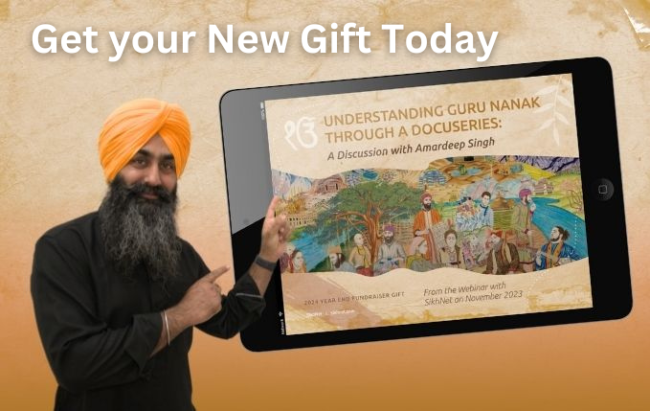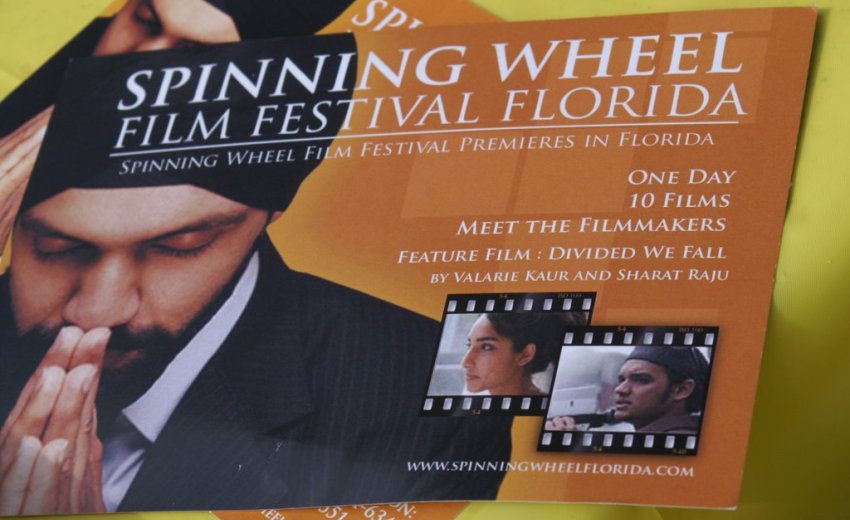I spent the past weekend surrounded by Sikh Art and Film at the annual Spinning Wheel Film Festival in Hollywood. I usually attend these events with high expectations, hoping to be inspired and moved and there are always one or two films that provide that sustenance. The films were creative, such as The Making of Liverpool - an artistic animation inspired by a painting by The Singh Twins which explores 800 years of Liverpool’s history. The films were educational, such as Cultural Safari - directed by Sandeep Singh and produced by the Kaur Foundation - describing the basics of Sikhi for children of all ages [I have to say that this is one of the most impressive educational films I have come across]. The films were also daunting, such as Warrior Boyz - made by Baljit Sangra which touched upon the root causes of gang violence in the Punjabi community of Vancouver. A favorite of the crowd was Kuldip Powar’s Unravelling - a poetic inter-generational dialogue between the film director and his grandfather about the experience of war all posed in Urdu poetry.
There were many other well-made films such as 35, Kabaddi Cops, and Right to Turban
which rightfully deserve mention (and have been discussed or will be
discussed in future posts), however, what I appreciated most about the
weekend was the final day of the festival - which was devoted to
lectures on Sikh Art and History. Staff from the Anglo Sikh Heritage Trail
and other UK-based organizations presented the attendees with a glimpse
into the historical legacy of the Sikhs. One of the lectures was titled
the Epic of Saragarhi and discussed the 21 soldiers of the
Sikh regiment who defended a remote post against an estimated 10,000
hostile tribesmen. Michael O’Keefe from the British Library discussed
Sikh artifacts and paintings and detailed an image of Maharani Jindan
Kaur’s Gutka of the Sukhmani Sahib (see picture to the left). The day
ended with a panel showcasing Sikhs in Theatre and Music, including
traditional music and also hip-hop. Mandeep Sethi
and Jagmeet Singh, rappers from LA, ended the festival with amazing
performances showcasing their incredible talent of telling stories
through hip-hop.
While the film festival brought together a plethora of Sikh art media - what it did seem to be missing was the representation of women and the voice of women in these films. The films were predominately made by men and the issues discussed were predominately issues affecting men. This brought several issues to mind - do young Sikh women not feel encouraged to enter the field of Film? Do the current male Sikh filmmakers not feel comfortable telling the story of Sikh women? It seems to be of vital importance that as we develop and promote Sikh films, we ensure that the stories we tell are representative of the entire Sikh panth and pay particular attention to the stories of Sikh women.
I will leave with this quote, mentioned by Harbinder Singh of the Anglo Sikh Heritage Trail, but also very pertinent to the theme of this weekend’s film festival.
Until lions tell their own history,
History will always glorify the hunters.
- African Proverb
- Posted by Sundari at TheLangarHall.com

